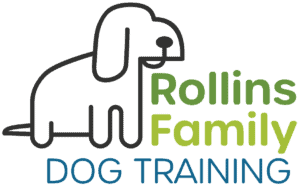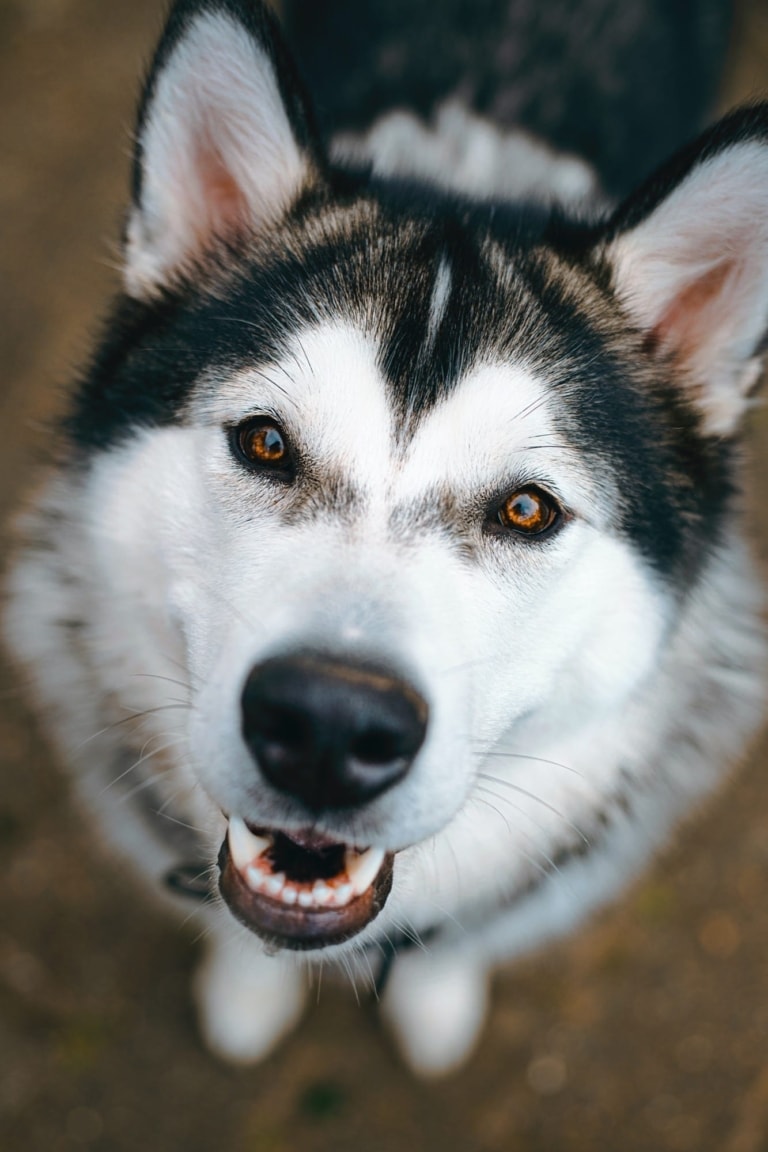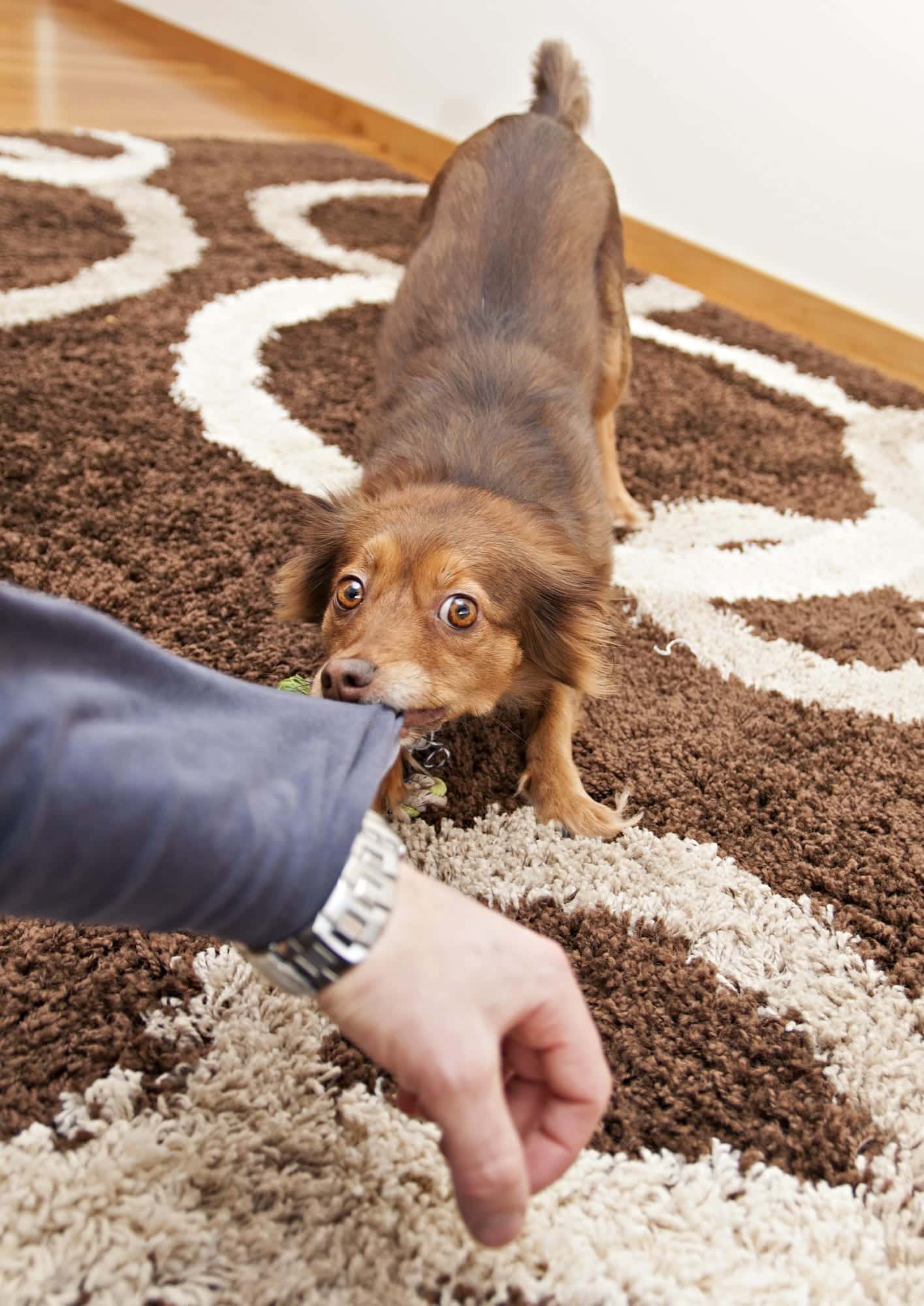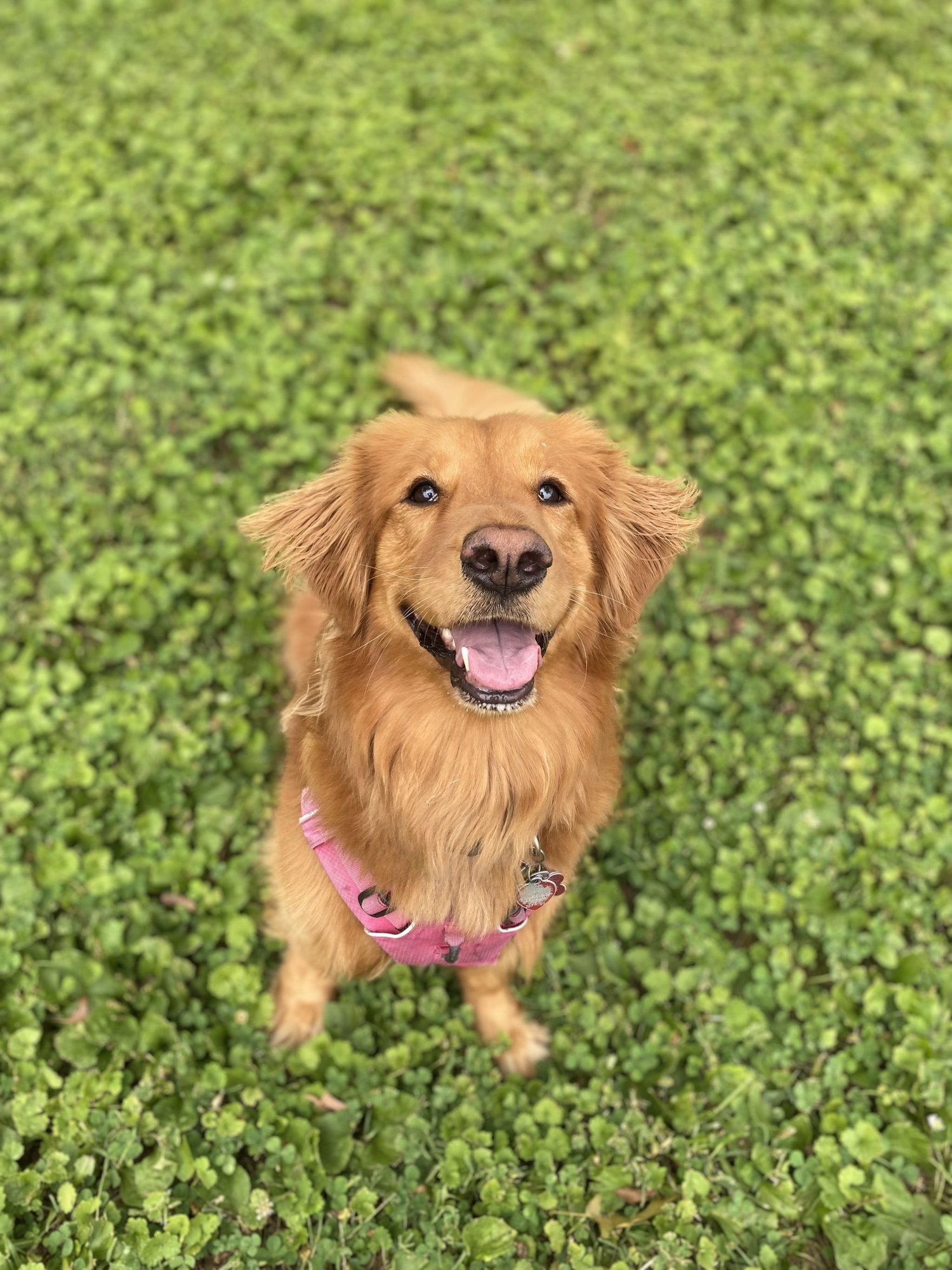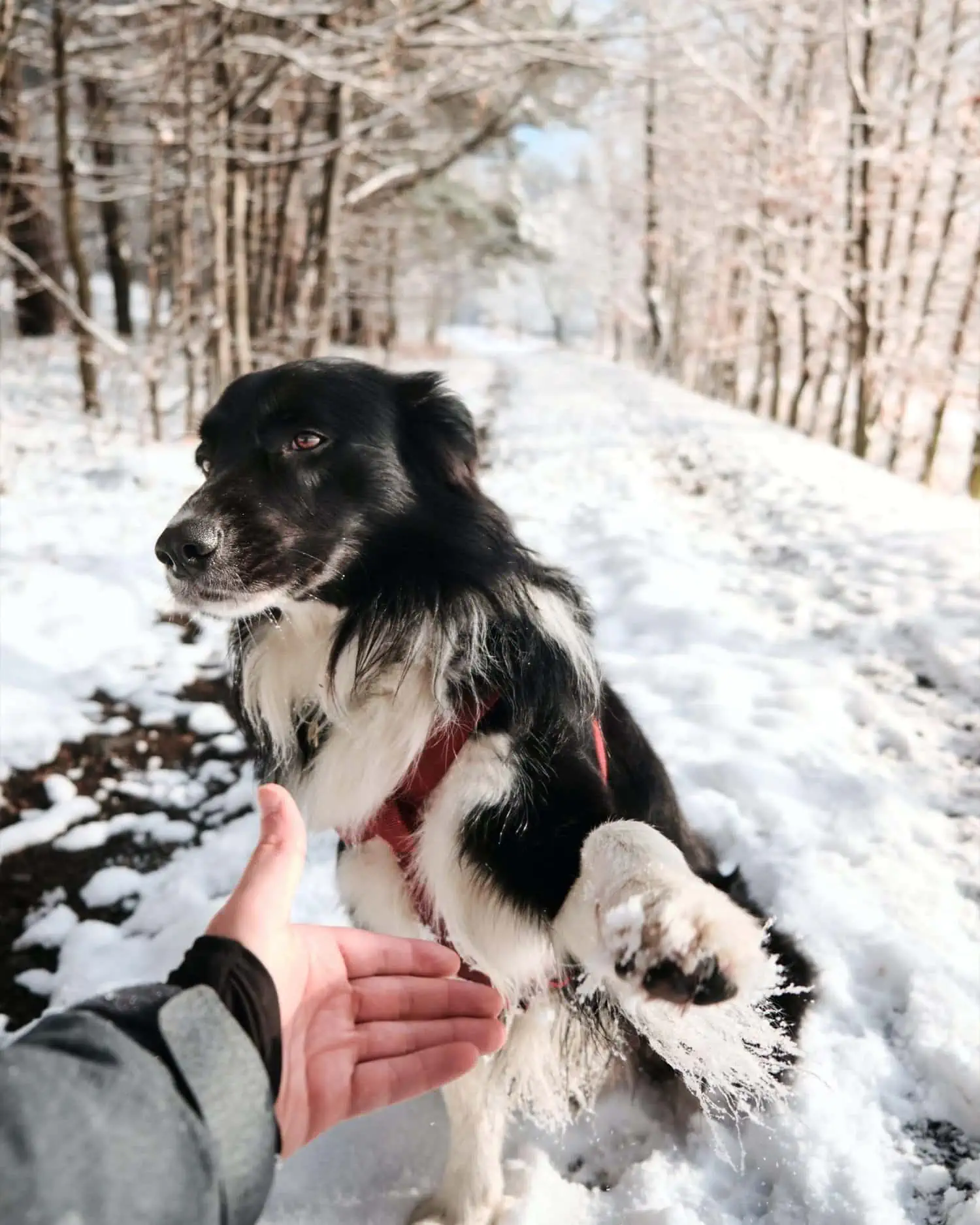Positive Reinforcement Dog Obedience Training
Having a well-behaved furry companion starts with proper dog obedience training classes. Enrolling your puppy or adult dog in training classes can make a significant difference in their behavior and good manners. Through positive reinforcement techniques, dog trainers help build obedience skills while strengthening the bond between pet and owner.
When it comes to understanding the basics of obedience training, positive reinforcement plays a crucial role. This humane approach to dog training focuses on rewarding good behaviors instead of punishing unwanted actions. By utilizing training methods that motivate your canine companion, you can help your dog learn new skills and build positive associations with behaviors you desire.
Benefits of Enrolling in Dog Obedience Classes
Enrolling in dog obedience classes offers numerous advantages for both you and your four-legged friend. These sessions can help your dog learn how to behave in various situations, from leash walking to overcoming distractions. Moreover, a well-structured training program can assist in socialization and building relationships with other dogs and humans, ultimately contributing to a well-rounded and well-behaved k9 buddy.
Our dog obedience classes cover essential commands like “sit,” “stay,” “come,” and “heel” as well as more advanced behavior training such as loose leash, off leash, recall, and impressive tricks.
Puppy Training Classes for Young Dogs
Having a puppy means getting started early with basic skills. These classes are designed to help your young dog learn basic commands, socialize with other dogs, and build a foundation for obedience skills. Through positive techniques and guidance, puppy training classes teach basic manners and set the stage for a lifetime of success.
Intermediate Training for Adolescent Dogs
Adolescence can be a challenging phase for dogs, but intermediate training classes offer the support and guidance needed during this transition. These classes focus on reinforcing basic commands, refining obedience skills, and addressing any behavioral issues that may arise during this developmental stage. By continuing to build on the foundation laid during puppy training, intermediate training helps make your adolescent a courteous companion.
Advanced Obedience Classes for Canine Good Citizens
For owners looking to take their older dogs to the next level, advanced obedience classes cater to refining basic skills and teaching new advanced skills. These classes focus on canine good citizen behaviors, such as polite greetings, walking on a loose leash, responding to commands amidst distractions, and trick training. By participating in advanced obedience classes, dog owners will watch their dogs transform into well-mannered and obedient companions.
Important Considerations for Dog Owners
When embarking on dog obedience training, creating a humane and positive learning environment is key to success. Dogs thrive in environments where they feel safe, loved, and respected. Training sessions should focus on positive reinforcement to encourage good behaviors and foster a strong bond between you and your furry companion.
Creating a Humane and Positive Learning Environment
To create a humane and positive learning environment, ensure that your training methods focus on reward-based techniques rather than punishment. Use treats, toys, and praise to motivate your dog to learn and exhibit desired behaviors. Additionally, provide a comfortable and safe space for training to eliminate any distractions that may hinder the learning process.
Tips for Training Shy or Fearful Dogs
Training shy or fearful dogs requires patience and understanding. Start by introducing training in a quiet and familiar environment to help your dog feel more at ease. Gradually expose them to new experiences while offering reassurance and rewards for their progress. Tailor your training approach to suit your dog’s individual needs and pace, focusing on building confidence and trust.
Ensuring Long-term Success through Consistent Training
Consistency is key to long-term success. Regular practice, reinforcement of learned behaviors, and ongoing training sessions are essential to maintain and reinforce your dog’s obedience skills. By incorporating training into your daily routine, you can ensure that your dog continues to exhibit good behavior and responsiveness to commands.
Maintaining Obedience and Good Behavior in Your Pet
Once your dog has acquired the necessary obedience skills, it is important to consistently reinforce good behavior. Continue to provide positive reinforcement, regular exercise, mental stimulation, and affection to maintain a strong bond with your pet. Remember that ongoing training, patience, and a nurturing environment are key to fostering a well-behaved and happy canine companion.
